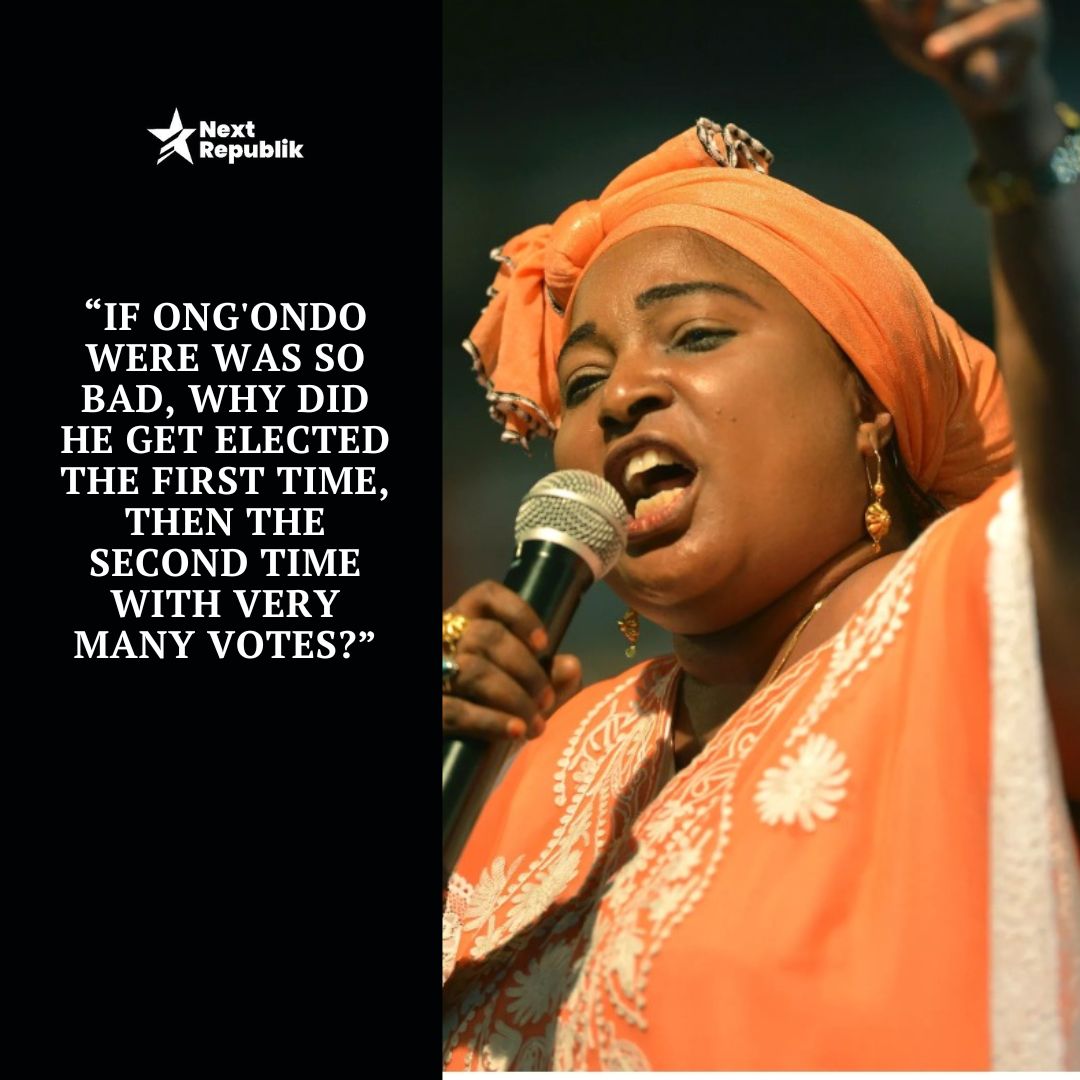Physical Address
Nairobi Kenya
Physical Address
Nairobi Kenya


By Alex Ecamby
In a recent defense of ODM party official Ong’ondo Were, Likoni MP Mishi Mboko posed a rhetorical question: “If Ong’ondo Were was so bad, why did he get elected the first time, then the second time with very many votes?”
On the surface, this seems like a powerful defense, a vindication of Were’s leadership by the ballot. But beneath the rhetoric lies a dangerous conflation; the idea that electoral success automatically equates to moral integrity or effective leadership. Let’s unpack this statement and examine the political and civic realities it attempts to obscure.
The Popularity competence Fallacy
At the heart of Mboko’s defense stands an appeal to popularity, captured in the assumption that a high vote percentage must reflect virtue or competence. History in Kenya and elsewhere, however, is full of cautionary examples of leaders who rode to power in landslides to rule over corruption, inefficiency, or outright tyranny.
Performance vs. Popularity
If Ong’ondo Were’s leadership is being questioned today, it’s not because people forgot that he was elected; it’s because leadership is measured by more than votes. It’s measured by what one does in office. Was he transparent? Did he protect the interests of the people? Was he accountable to his leadership by all means? Howe well did he use the power bestowed upon him? These are the questions Mishi Mboko’s statement avoids. Instead, it offers a shield of legitimacy based solely on electoral outcomes. This sidesteps scrutiny and reinforces the idea that popularity equals virtue, a notion that weakens democratic accountability.
Elections are necessary, but not sufficient, for a healthy democracy. Leadership must be subject to continuous scrutiny, not just every five years at the ballot box. Public servants should be evaluated based on their fidelity to public interest, their ethical conduct, and their ability to lead with transparency. Blind defense of leaders based solely on their electoral victories’ risks normalizing mediocrity and shielding underperformance.
Mishi Mboko’s question is a political maneuver, an attempt to shut down criticism by pointing to past electoral success. But in a mature democracy, such defenses should be challenged, not celebrated. We must ask not if someone was elected, but why and what they did with the power entrusted to them. Because in the end, democracy is not just about who gets the votes; it’s about who earns the trust.
#WatchOutForNextRepublik